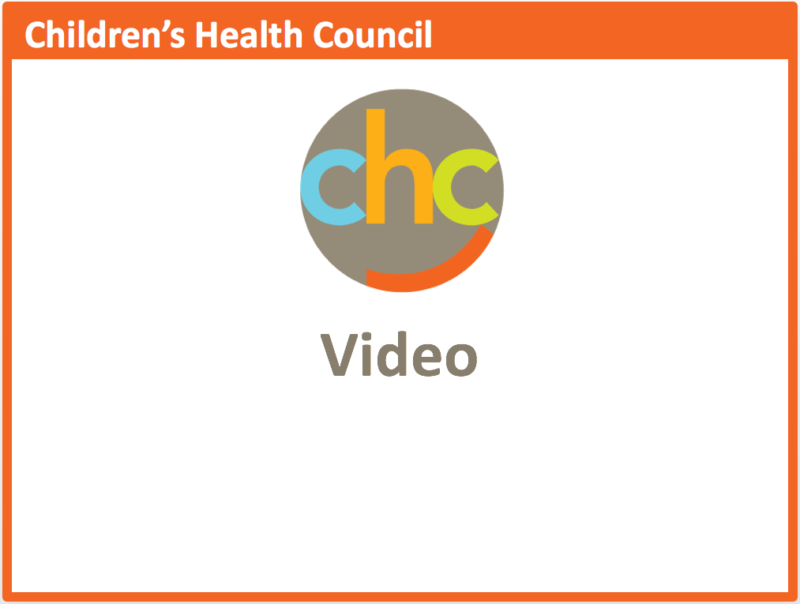
Helping Kids with ADHD Symptoms: Handling a Reading Assignment
How can you help your child break a reading assignment into manageable tasks? Watch this video for guidance. Read more >>
Request an Appointment
English: 650.688.3625
Medi-Cal: 650.688.3650

Helping Kids with ADHD Symptoms: Handling a Reading Assignment
How can you help your child break a reading assignment into manageable tasks? Watch this video for guidance. Read more >>

Helping Kids with ADHD Symptoms: Providing Tools for Focus
This video explores how to create structure, such as a schedule or task list, to enable your child to focus. Read more >>

Helping Kids with ADHD Symptoms: A Learning Model & Success Strategies
This video explores the ways in which you can create structure and adapt your environment to help your child succeed. Read more >>

Helping Kids with ADHD Symptoms: Developing Skills & Habits
How can use to help your child develop the skills and habits she needs to be successful? Learn some proven strategies in this video. Read more >>

Suicide & Depression & Learning Problems
Is depression interfering with learning and school performance, or are school performance and learning issues causing depression? Watch this video to learn Read more >>

Choosing the Right Preschool: Cooperative
This video takes a closer look at cooperative, or parent-participation preschools. Read more >>

Choosing the Right Preschool: Waldorf
It’s important to choose the right preschool for your child. Learn more about the Waldorf philosophy of the spiritual view of humanity in this short video. Read more >>

Choosing the Right Preschool: Montessori
This video provides information about the Montessori method, founded by Maria Montessori in Italy in the early 1900s. The Montessori method focuses on skills, self-motivation, and independence within limits. Read more >>

Choosing the Right Preschool: Types & Reggio Emilia
This short video describes types of preschools, for example— teacher-centered or child-centered, academic programs vs. play-based programs, and provides some background on the the Reggio Emilia approach to education in which the curriculum is based on the children’s interests. Read more >>

Choosing the Right Preschool: Factors & Temperament
How does your child’s temperament play a part in choosing the right preschool? Read more >>
English: 650.326.5530 | Español: 650.688.3650 | Fax: 650.688.3669
English: 650.326.5530
Español: 650.688.3650
Fax: 650.688.3669
English: 650.668.3625 | Español: 650.688.3650 | careteam@chconline.org
English: 650.668.3625
Español: 650.688.3650
careteam@chconline.org
© 2024 Children’s Health Council. All rights reserved.
CHC Palo Alto: 650 Clark Way, Palo Alto, CA 94304 | 650.326.5530
CHC South Bay: 2280 Kenwood Avenue, San Jose, CA 95128 | 408.831.7512
CHC Ravenswood: 1765 E Bayshore Rd, East Palo Alto, CA 94303 | 650.702.2487
CHC Palo Alto:
650 Clark Way, Palo Alto, CA 94304
650.326.5530
CHC South Bay:
2280 Kenwood Avenue, San Jose, CA 95128
408.831.7512
CHC Ravenswood:
1765 E Bayshore Rd, East Palo Alto, CA 94303
650.702.2487